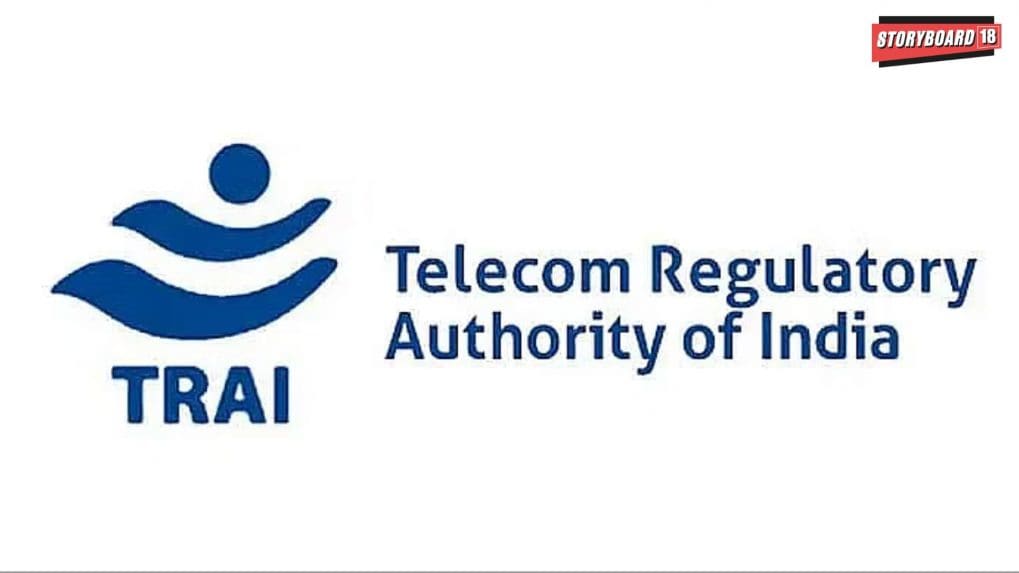Indian telcos slam TRAI’s satellite spectrum pricing as 'unjustifiably low'
The Cellular Operators Association of India (COAI) argues that the proposed 4% AGR fee for satellite operators undermines fair competition, favoring global players like Starlink.
ADVERTISEMENT
Indian telecommunication companies have expressed concerns regarding the Telecom Regulatory Authority of India (TRAI's) satellite spectrum pricing and called it as 'unjustifiably low'.
In a letter sent to Department of Telecommunications (DoT), the telecom industry body Cellular Operators Association of India (COAI) has pushed back against the recommendations saying that they fail to account for level playing field issues.
It said, “The recommendations provide a regulatory advantage to commercial NGSO (non-geostationary earth orbit) satellites against terrestrial broadband service providers and, if accepted by DoT in their present form, will undermine competition.”
India's telecom regulator has recommended allocating satellite communication spectrum for a five-year period, charging operators 4% of their adjusted gross revenue (AGR). This move aims to facilitate the entry of global satellite internet providers, including Elon Musk's Starlink, into the Indian market.
However, major Indian telecom operators, notably Reliance Jio and Bharti Airtel, have criticized these recommendations.
They contend that the proposed pricing is based on "incorrect assumptions" and lacks transparency, potentially disrupting the industry's economic balance. COAI has also expressed concerns, labeling the pricing as "unjustifiably low."
Read more: TRAI recommends 5-year satellite spectrum allocation, extendable by two
The telcos argue that the administrative allocation of spectrum, as opposed to auction-based methods, creates an uneven playing field. “The recommendation of spectrum usage charges— set at 4% of Adjusted Gross Revenue (AGR)— without any Entry Fee/upfront payment is inconsistent with the approach followed so far in case of administrative spectrum allocations, and is without any rationale, empirical analysis, international benchmarking or economic justification,” the body argued.
It added that terrestrial telcos have to pay substantial upfront auction-determined charges, which can translate into a spectrum cost of 18-53% of AGR.
In its letter, COAI also pushed back against TRAI’s suggestion that the government should subsidise user terminals for satcom operators using the Digital Bharat Nidhi (DBN). According to the body, this skews the playing field in satcom’s favour, given that telcos have contributed to a majority of the DBN levy.
In contrast, satellite companies like Starlink and Amazon's Project Kuiper argue that comparing terrestrial and satellite services is a "false equivalence." They highlight that satellite spectrum is typically shared and not exclusive, making administrative allocation more appropriate.
COAI gave the example of Kenya, where, as a result of a favourable regulatory environment, Starlink became the seventh-largest internet service provider within eighteen months, which compelled Kenya’s Communications Authority to correct the imbalance by proposing a nearly 1,000% increase in license fees for satellite internet service providers.
Last month, TRAI issued new recommendations for the ‘terms and conditions for the assignment of spectrum for certain satellite-based commercial communication services’. The authority proposed a five-year licensing period for commercial satellite communication services, with the possibility of a two-year extension based on market conditions. It said operators utilizing geostationary and mobile satellite services would be subject to a 4% charge on their adjusted gross revenue, with a minimum annual spectrum fee of Rs 3,500 per MHz. For non-geostationary satellite services, an additional charge of Rs 500 per urban subscriber per year is recommended, while rural and remote areas would be exempted from this fee.
"As the spectrum is being charged on a percentage of AGR basis, the authority is of the view that a minimum amount of spectrum charge may be levied on satellite service providers. This minimum spectrum charge would ensure the operators avail optimal spectrum bandwidth for providing their services. It would also ensure that certain niche service providers, who may have a tendency to avail additional spectrum, would be restricted," TRAI said.


